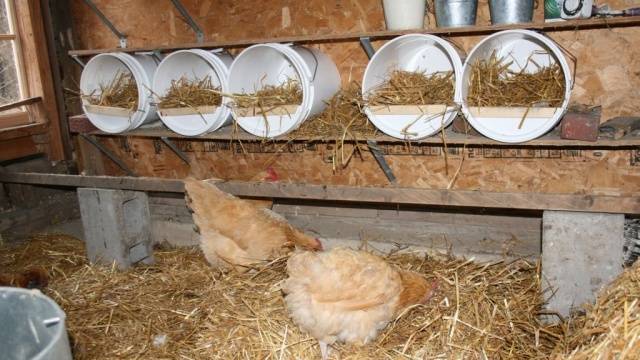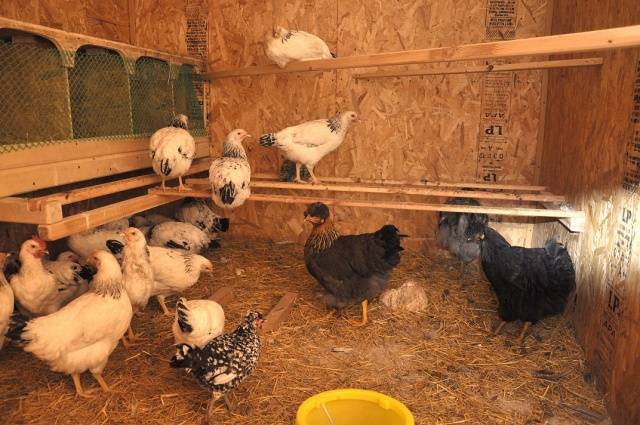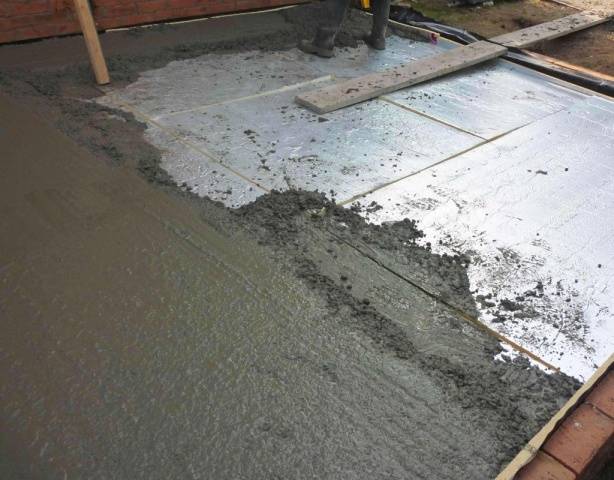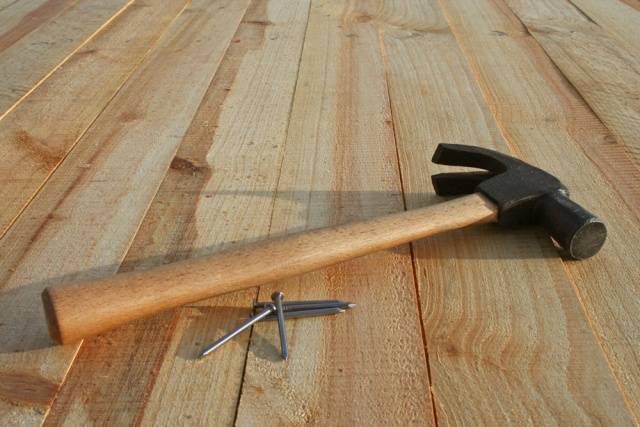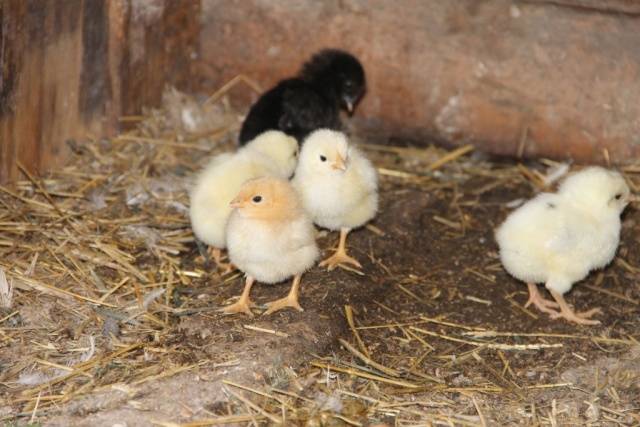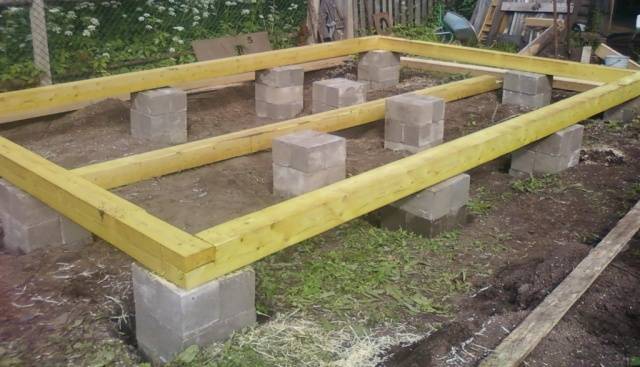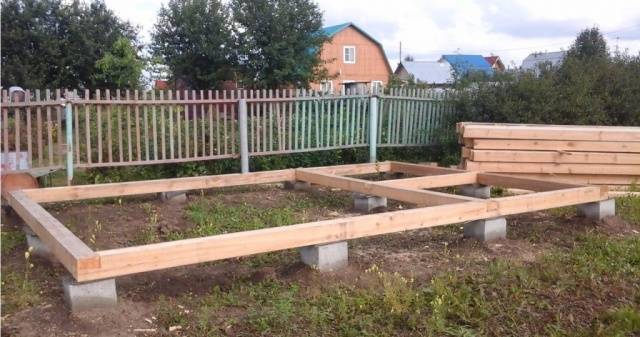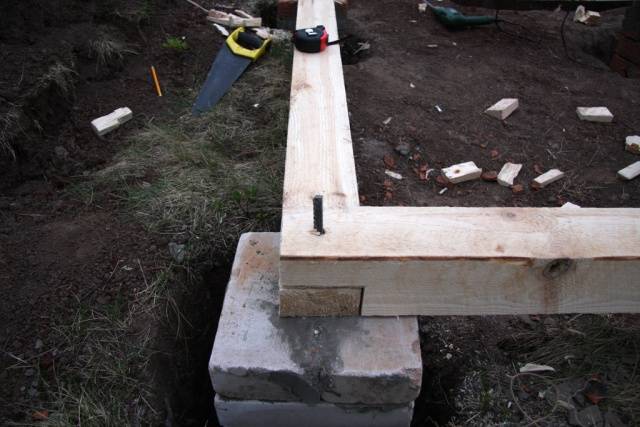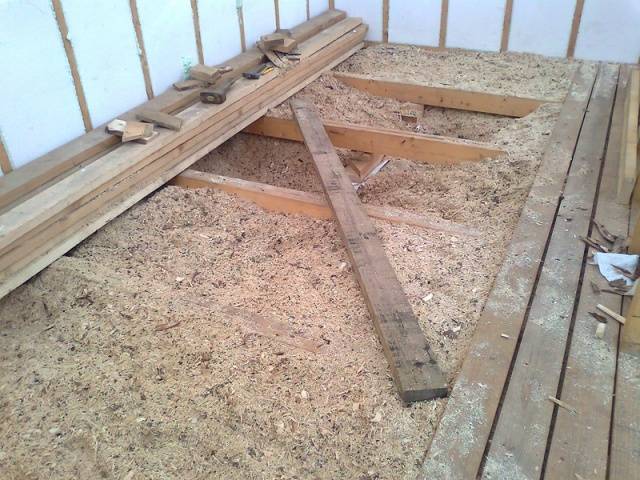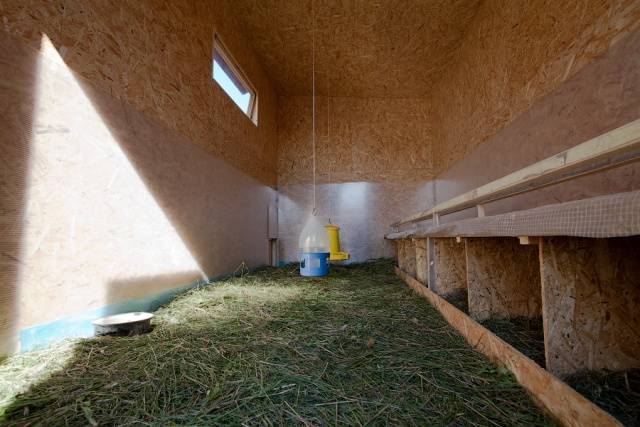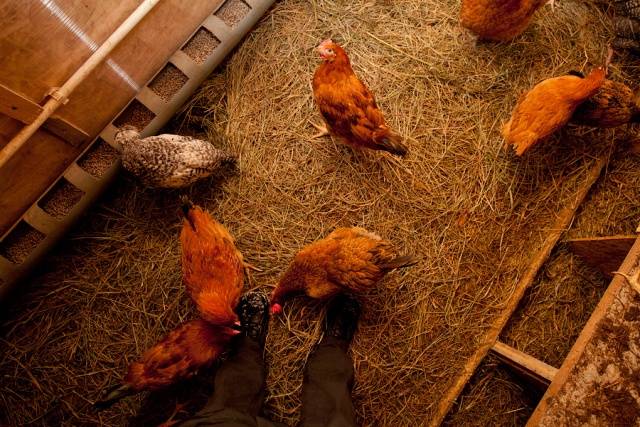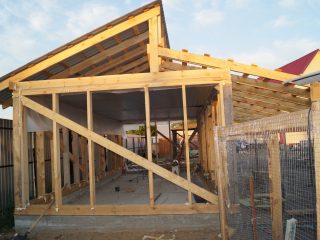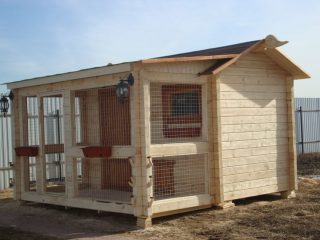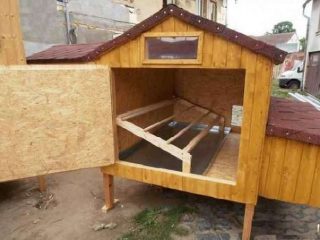Content
Novice farmers face many challenges in raising livestock and chickens. Difficulties are associated not only with the care of animals, but also with the construction of a place for keeping them.
In chicken coops for breeding poultry, it is very important to create a comfortable temperature regime. All the cold in the room sinks to the floor, so it is necessary to build a high-quality flooring in the room. Warm chicken coop floor protects chickens from disease and promotes a comfortable course of their life cycle. If the floor slab temperatures are too low, the chickens get sick or their egg production drops.
Tips for choosing a floor covering
One of the most important criteria for flooring is the choice of good materials. There is a huge variety of floor slabs, which type to choose depends on the type of chicken coop and the funds that you plan to spend on work. Most often, the following types of floors are used in buildings for chickens:
- wooden;
- concrete;
- earthen.
All of the above floor slabs differ not only in structure, but also in price, and, most importantly, in labor costs. If for a concrete floor it will take more than one day, or even weeks, then an earthen one can be done in one day. Which sex is better, each breeder decides for himself, based on cost and requirements.
Earthen floor
Often in poultry houses, the usual earthen overlap is left, laid by hay or wood chips. However, such floors in a chicken coop cool very quickly, especially in freezing conditions and at a stable low temperature. The main disadvantage of such a floor covering is the creation of an unsanitary environment. Parasites and diseases very quickly penetrate the earthen floor, infecting chickens through worms or the soil itself.
Due to the lack of a hard layer at the slightest ingress of moisture, the floor of the flock for chickens will be covered with dirt. Puddles of mud quickly form on the earthen floor slab. Therefore, if you have chosen this particular type of coating, it is better to make the top layer of clay. Of the advantages of an earthen floor in a chicken coop, only a high laying speed and low cost can be distinguished. If your area has very harsh winters, it is best to skip this type of overlap.
Concrete screed
Pouring the concrete floor in the hen house will require special equipment. The arrangement of such a coating can take from 1 to 5 days, depending on the area of the room and the equipment involved. However, such labor costs are fully justified by the high strength and quality of the screed. Viruses or parasites cannot penetrate through the concrete floor.
The disadvantages of floors of this type include their low temperatures, especially in the winter season, and in the chicken coop, the floor should always be warm. Therefore, for a comfortable life of chickens and livestock, additional coating with finishing materials is necessary. Such measures will make the floor in a barn or chicken coop as warm and durable as possible.
The concrete floor is resistant not only to moisture, but also to aggressive environments, including acids. Over time, the screed does not deteriorate or collapse. The average service life of such ceilings is 15 years or more. And if you reinforce the floor with penetrating sealants, it will last even longer.
Wooden floor
It is wood that is considered the optimal material for covering the floor in the hen house. Such a floor can be made with your own hands both in a chicken coop and in a flock for livestock. The wooden flooring keeps the temperature very well and stays warm at all times.It does not require flooring from wood waste or straw, because the array itself is absolutely safe. However, such a floor must be treated against rot and bacteria. Impregnations of this kind are safe for both humans and animals. In addition to the above-described impregnations, it is recommended to treat the floor with fire retardants.
Lime is one of the cheapest antibacterial agents for treating wood floors. As additional measures for insulation, it is recommended to make decorative flooring on logs in the chicken coop.
Many breeders do use straw mat on the wooden floor. Each breeder decides for himself how to make the flooring. It depends not only on the type of floor, but also on the availability of the material. In some regions, straw is much easier to obtain than sawdust or moss.
DIY floor installation
The simplest overlap option that you can do yourself is wooden. So that the floor logs do not rot in the first years of operation of the chicken coop, it is necessary to prepare a foundation for them. For small buildings like a chicken coop, a light foundation is enough. Most often, the following types of foundations are mounted for such purposes:
- columnar;
- pile;
- tape shallow.
Among the three types of foundations listed above, it is recommended to build a columnar one. Its installation is faster and cheaper than a strip one, and its service life is longer than that of a columnar foundation. A strip foundation is created if it is necessary to reduce the load of the supporting structures of the building on the foundation. The chicken coop is lightweight, so the use of such a foundation is unjustified. In addition, the columnar foundation regulates the temperature difference, protecting the interior of the coop from cooling. The basis for the pillars is concrete or sheet metal.
Building materials
After you have decided on the type of foundation, you need to purchase materials for construction. The minimum list of tools and raw materials for the construction of a columnar foundation includes:
- wooden floorboards (material is purchased with a margin);
- bars;
- fasteners and a hammer (if self-tapping screws are used, a screwdriver will be required);
- cement mortar;
- hammer and bricks.
Assembling the foundation and floor
When the wood impregnation has been absorbed, and all the tools are ready, you can start building the floor in the chicken house. Instructions for erecting a floor with a foundation includes the following steps:
- First of all, foundation pillars are erected. To do this, use bricks, from which they assemble pillars-pedestals 25-30 cm high. The step between each pedestal is 40-50 cm. If there is already a foundation on the site, they immediately start laying the log.
- When the solution of the pedestals has dried, you can mount the logs. They can be purchased ready-made or cut yourself. Remember that the planks are laid with a slope. In the future, such a floor will be easy to clean from dirt.
- Additional insulation for the chicken coop can be provided by laying a space between the logs with insulation. It doesn't matter what the insulation consists of, the main thing is the high safety and environmental friendliness of the material. This procedure is optional, but if your region has very low temperatures in winter, it is better to cover with insulation.
- Next, boards are laid perpendicular to the lags. The optimal length of the board is 2 times less than the length of the log.
- Boards are fastened to the beams with nails or self-tapping screws. The step between the fasteners is 30-40 cm.
- It is important that the boards fit snugly both to the logs and to each other. If you are making a floor with a slope, make sure that it is even in all areas of the floor overlap.
- After installation, cover the floor with lime or other antiseptic. In addition to its antibacterial function, lime protects wood from premature destruction and mechanical damage.
- An additional insulation and a kind of pillow in the chicken coop is a bedding made of sawdust or straw. The second material is preferable as it does not harm the bird's body.
- Some breeders use moss for bedding. If the material is available to you, you can use it. However, keep in mind that the layer needs to be replaced every few weeks.
- The flooring layer on the boards is made from 8 to 20 cm. Do not lay too much material, otherwise it will quickly adhere.
The device of such a floor in a chicken coop is available to a greater number of breeders. The design has been tested by many professionals and simple farmers. Remember that the floor needs maintenance. Depending on the number of chickens and the size of the hen house, the bedding is changed every month or two. The period may be shorter if there are a lot of birds in the hen house.
Conclusion
A wooden floor is warmer than an earthen floor, and, most importantly, it is more comfortable. In a chicken coop with such a floor, the chickens will remain healthy and produce quality eggs and meat.
